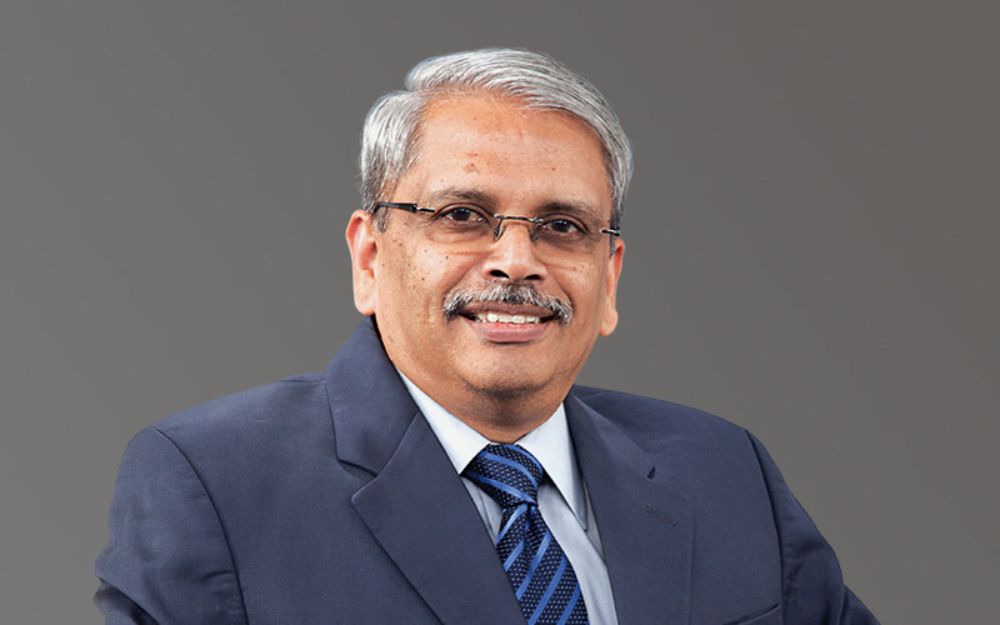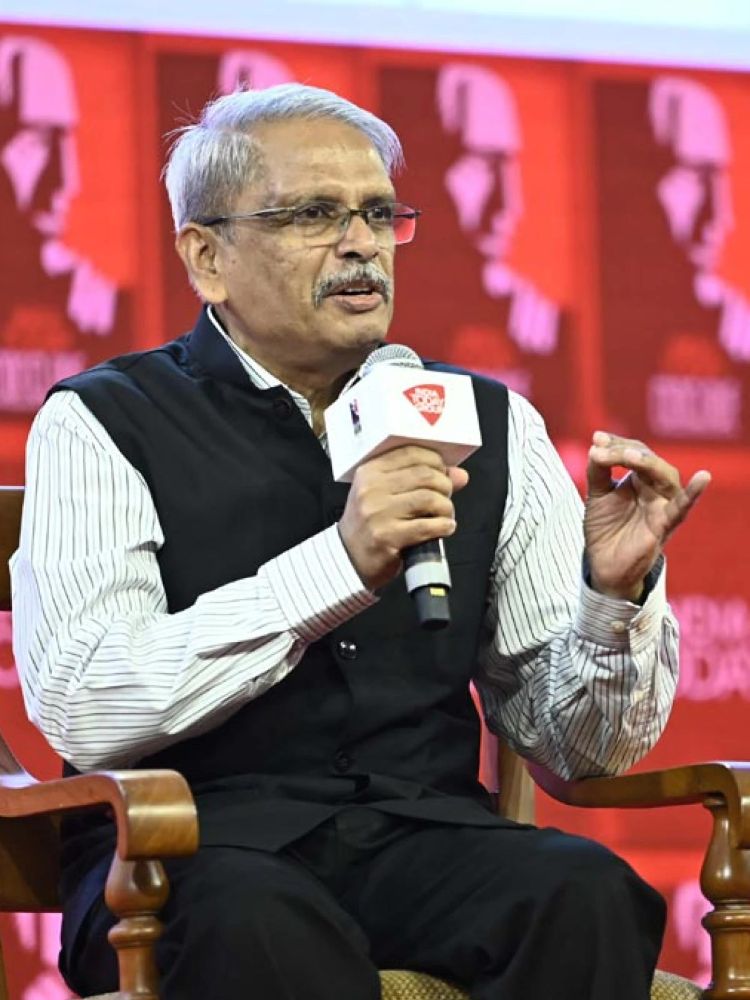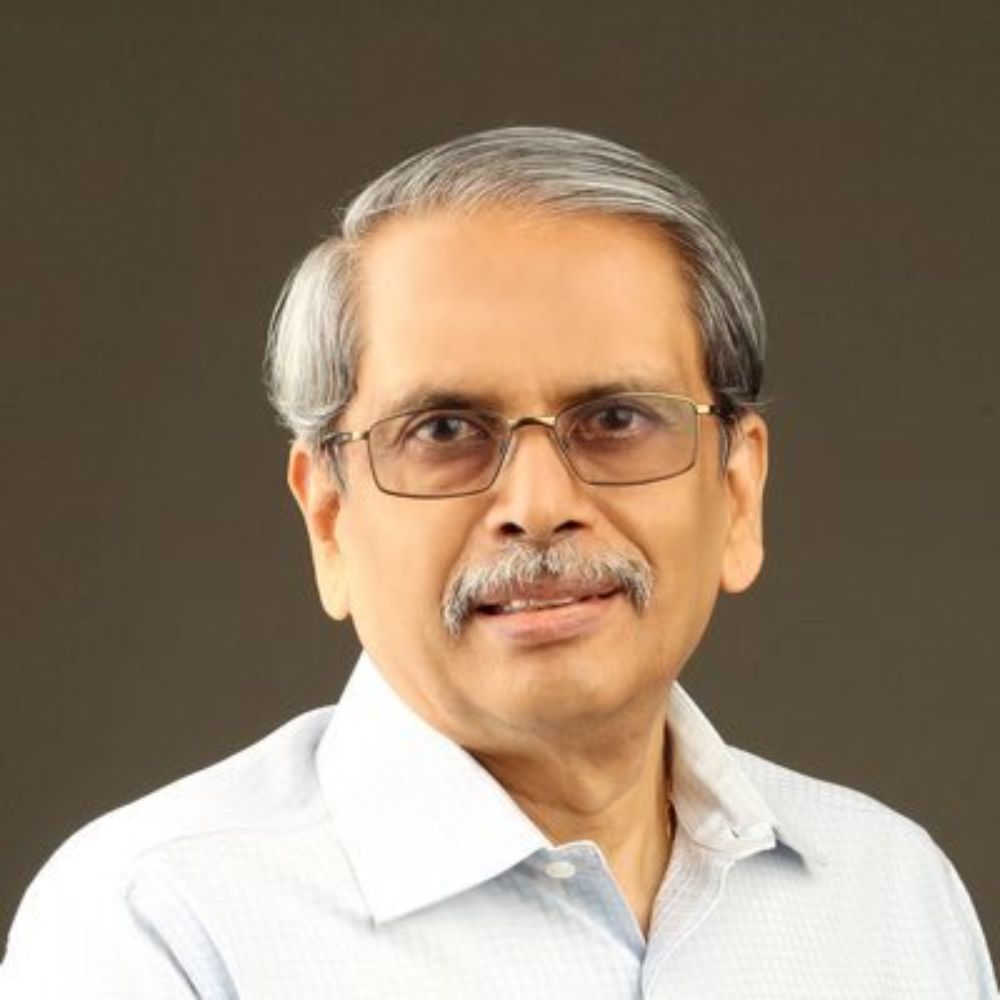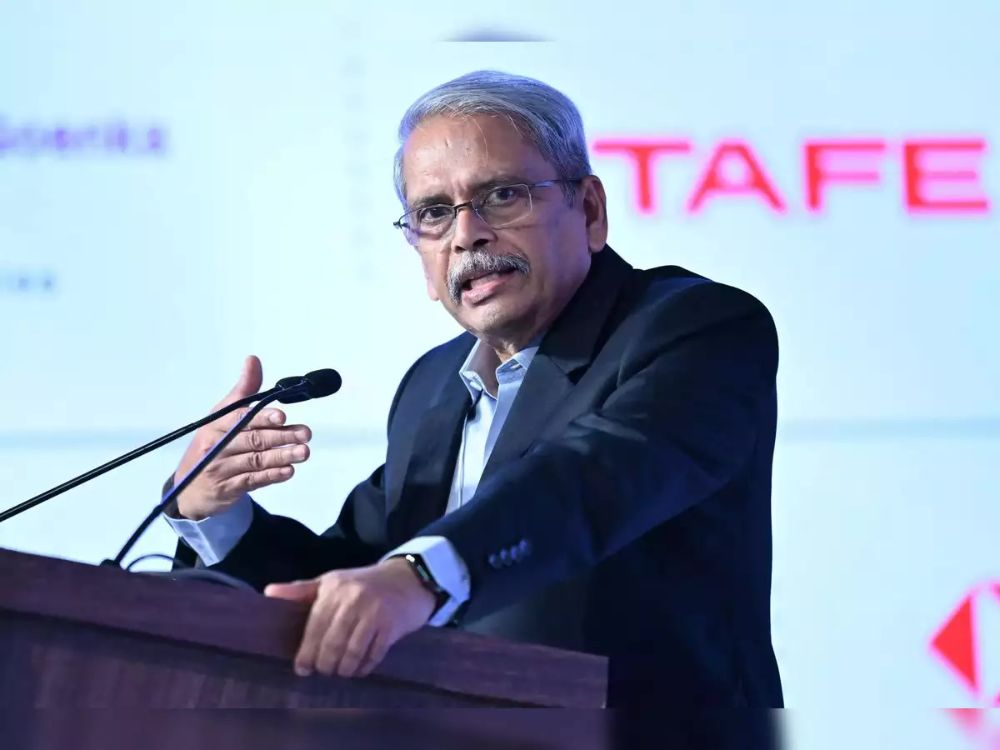India’s workforce has been at the centre of a heated debate recently, sparked by Infosys co-founder NR Narayana Murthy’s controversial suggestion that the country’s youth should work 70 hours a week to compete with rapidly advancing economies. However, Kris Gopalakrishnan, another co-founder of Infosys, has a nuanced perspective on this matter. Speaking at the Infosys Prize event in Bengaluru on November 15th, Gopalakrishnan shared his thoughts on the 70-hour workweek and its implications for India’s progress.

Individual Choice and Responsibilities:
Gopalakrishnan emphasised the importance of individual choice in deciding the number of hours one dedicates to work. In his view, the decision to work 70 hours a week is a personal one, and he expressed a willingness to leave it to the discretion of each individual. However, he also pointed out that there are broader responsibilities and tasks that India must address beyond the debate about working hours.
Beyond the Clock: Addressing India’s Needs:
While acknowledging the significance of working hours, Gopalakrishnan highlighted the pressing needs that India must prioritise. According to him, the focus should extend beyond mere hours spent working and delve into areas such as improving work productivity, fostering research, and nurturing scientific talent. He urged the country to channel efforts into enhancing the journey of research outcomes from laboratories to the market.
The Call for More Scientists and Research Investments:
Gopalakrishnan echoed the necessity for India to bolster its scientific community and research endeavours. He stressed the need to increase the number of scientists and facilitate the seamless transition of research findings into practical applications. This, he believes, is a crucial step in propelling India’s technological and economic advancement.

Contextualizing Murthy’s Controversial Statement:
The discussion surrounding working hours gained momentum when Narayana Murthy proposed the idea that working 70 hours a week is a prerequisite for India to keep pace with economies that have witnessed remarkable progress in recent decades. Gopalakrishnan, while acknowledging Murthy’s viewpoint, refrained from prescribing a one-size-fits-all approach and instead emphasised the multifaceted nature of India’s developmental challenges.
Personal Admission and Reflection:
In a candid moment, Gopalakrishnan admitted that he, too, may be working 70 hours a week. However, his acknowledgment was accompanied by a broader call to action for India to focus on systemic improvements and investments rather than fixating solely on working hours.



Kris Gopalakrishnan’s perspective adds depth to the ongoing discourse about the 70-hour workweek for India’s youth. While recognizing the individual’s right to choose their work hours, he underscores the imperative for India to address critical issues like research, productivity, and scientific development. As the debate continues, Gopalakrishnan’s nuanced stance invites a more comprehensive discussion on the path to progress for the nation’s workforce.
